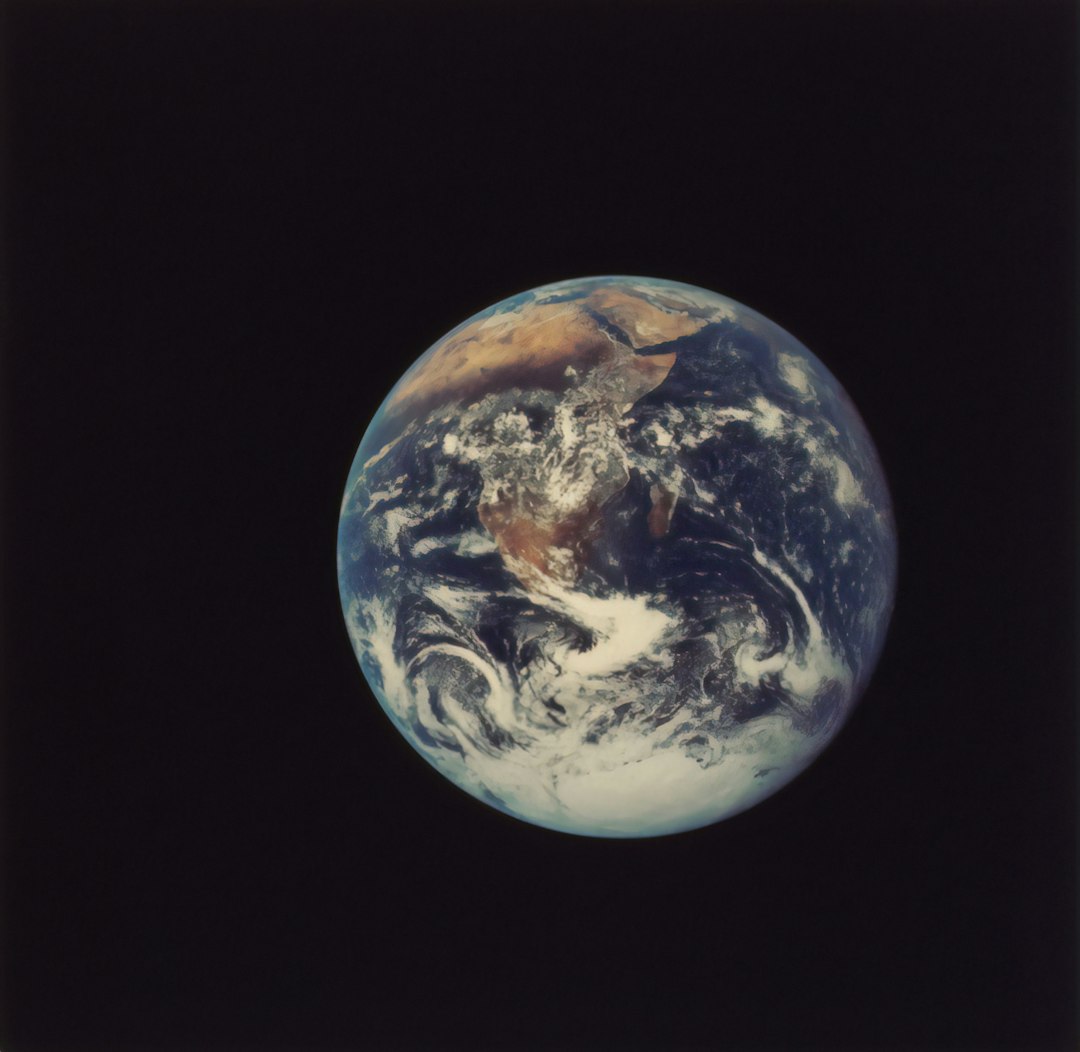In An Ideal World
In this future of AI globalization, all the nations of the world would collaborate and integrate AI. Travel, trade, science, health, economics, agriculture, and more would smoothly operate across the world, improving lives everywhere. AI programs would communicate and manage all the processes required to run the world, and we would have all the time in the world for more intellectual, personal, and cultural development.
Ideally, AI could integrate the systems of many nations into one, managing the system without regard for politics. From balancing inventories to allocating resources, it would be possible for artificial intelligence to do the work of all nations as one entity.
Now, here is where the ideal world comes crashing down; for AI to run the world, there must be a level playing field, and that is not realistic.
The Real World
Human nature is competitive, and we vie for collecting the most resources to be the strongest and the most powerful. As civilized as we are, we are ruled by basic instincts. It may not be possible for all societies to overcome this instinct for power and accept a level playing field.
Nations will face difficulties sharing information and participating with other countries. Questions like who owns the data or controls the system will matter.
These roadblocks along with varying Internet protocols, server management strategies, and user regulations are difficult to navigate from one nation to another. Concerns for compliance and national security could prevent globalization for AI.
What Will It Take?
Still, some precedents exist that may provide guidance for collaboration between nations. The development of the Euro, recent popular international communication apps, and search engines reaching world-wide lend optimism to the possibility for international collaboration.
Then, there are the practical steps towards massive, worldwide AI. All nations must have an infrastructure capable of producing and managing artificial intelligence. From the hardware to the software and trained programmers, nations will need to have the right equipment, power, and resources to run the systems.
Most of all, we need reliable, proven AI. As artificial intelligence evolves from automation and augmentation to autonomous, we’ll gain more confidence in its abilities and discover more applications to harness its power. Once we realize all the potential for AI and usage gains momentum, there will be a natural push to stay competitive, even if that means finding a way to integrate and collaborate with other nations.
Possibility V.S. Probability
While a future in which we experience globalization of AI may be possible, as of yet, the probability is less likely. The technology will probably exist long before the capability for nations to collaborate.











